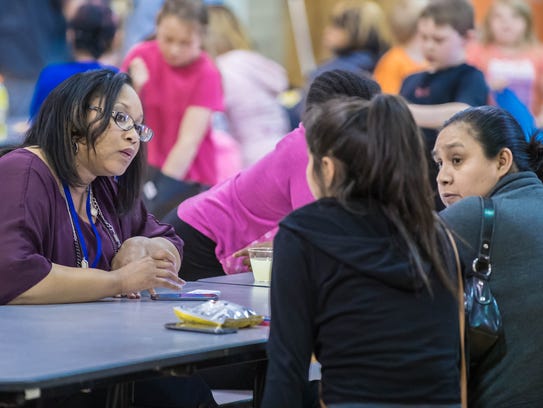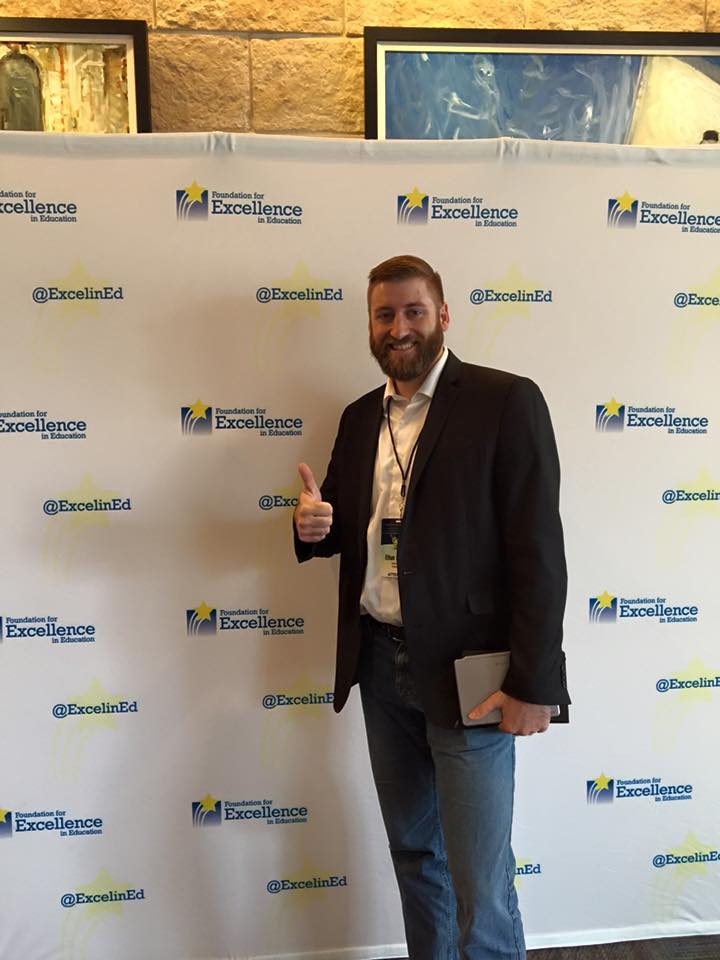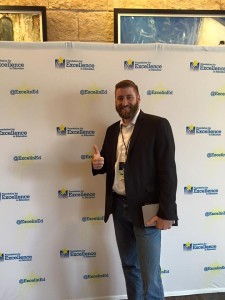
In Battle Creek, Michigan, public schools are working to build relationships with parents and the community at large. Niaka Dunbar, a native of Battle Creek, is now working as Battle Creek Public Schools’ family and community engagement coordinator. In an article for the Battle Creek Enquirer, Dunbar explains that when she was training to be a teacher, no one emphasized that her future students come from specific families and communities and that the families and communities are as much a part of the child’s formation as the school. Today, in her role as coordinator, she works to “foster trusting relationships for effective partnerships” to help students succeed by getting the school with the family and the community.
In the year that Dunbar has been working in this position, funded through a grant from the W.K. Kellogg Foundation, her work has already had a positive effect:  Superintendent Kim Parker-DeVauld reports that now “we have a much stronger focus on both parent and community engagement. We have someone that can organize those opportunities in a way that benefits both the students and the staff in Battle Creek Public Schools and so as a result of having her in that position, we have a lot more opportunities for students to be engaged in the community and for our community to be engaged in our schools.” In addition, Dunbar has helped create family advocate positions to help increase these parental engagement efforts. Regarding her work, Dunbar says:
We want parents to engage in school and what’s happening in the district, but I also want parents to feel empowered enough that wherever they are, they feel like they have something to offer and that they understand that their voice should be heard.
Family and community engagement isn’t a person or a couple of people, it’s something that we all within the district have to work on.
Battle Creek is setting a great example and school districts across the United States should pay attention. By building relationships between the family, the community, and the school, Battle Creek school districts are helping strengthen the support system for students. To read more about Battle Creek’s vision for parental engagement, read this editorial from the Enquirer. To read more about the importance of parental engagement, click here.









